Note: This article contains spoilers
"Thelma and Louise" uses a story template that can be called "a different way of life."
In this template, the protagonist is suddenly diagnosed with a terminal illness. In his limited life, he wants to fulfill a few last wishes and completely change his way of life... This begins a final journey of life that may be self-liberating, hilarious, or touching. Whether the protagonist really has a terminal illness or he is just misdiagnosed, the process of "changing his way of life" will give the protagonist a lot of new insights into life.

Poster of Thelma & Louise
Many film and television works have adopted this narrative template before. For example, "Last Holiday" (2006), "The Bucket List" (2007), South Korea's "Sunny" (2011), China's "The Bravest" (2019) and "I Am Yu Huanshui" (2020). The same template can be used to interpret a variety of different stories. We are not afraid of using the same template, but we are afraid of telling the story poorly.
In the setting of "The Last Life of Madness", the middle-aged protagonist Jia Youwei (played by Jia Bing) who has achieved nothing is a stingy person, a "miser" who saves money in order to complete a "million-dollar plan". Unfortunately, God played a joke on him, Jia Youwei was diagnosed with a brain tumor and only had ten days left to live.
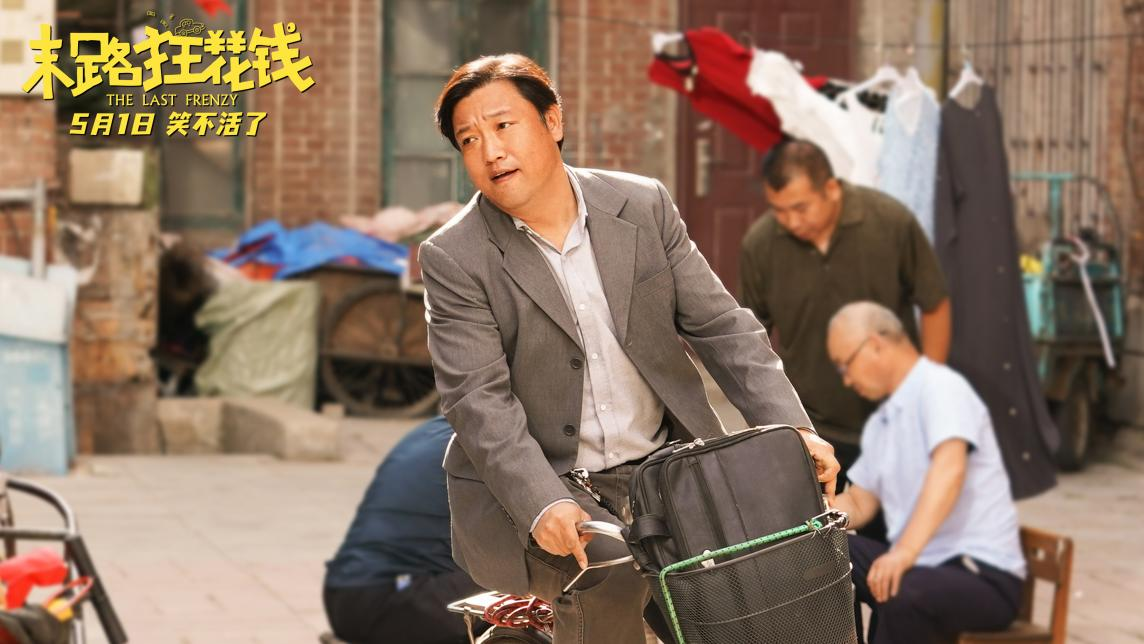
Jia Youwei (played by Jia Bing)
In order to avoid the tragedy of "people died but money was not spent", Jia Youwei sold his old house, and his savings just exceeded one million. He found his brothers Sha Baihu (played by Xiao Shenyang), Xu Dali (played by Yu Yang), and Dong Jianfeng (played by Dong Baozhi) from the staff housing estate, and decided to fulfill the oath he made with his brothers in his youth in the last ten years of his life, and have some fun with his old friends while he's still alive!

The four brothers were reunited
"Change your way of life" is the direct driving force of the film's plot.
Jia Youwei thought he only had ten days to live, so how to spend the one million and enjoy the life of a rich man in ten days became an urgent task. Jia Youwei and his brothers lived in the presidential suite, rented luxury cars, ate, drank and had fun... He also visited the funeral home where his childhood goddess Wang Xiaoqian (played by Tan Zhuo) worked, bought her various things that might be used in the underground, and also acted as a domineering president by taking Wang Xiaoqian to the mall to experience a "dressing show" and shopping.
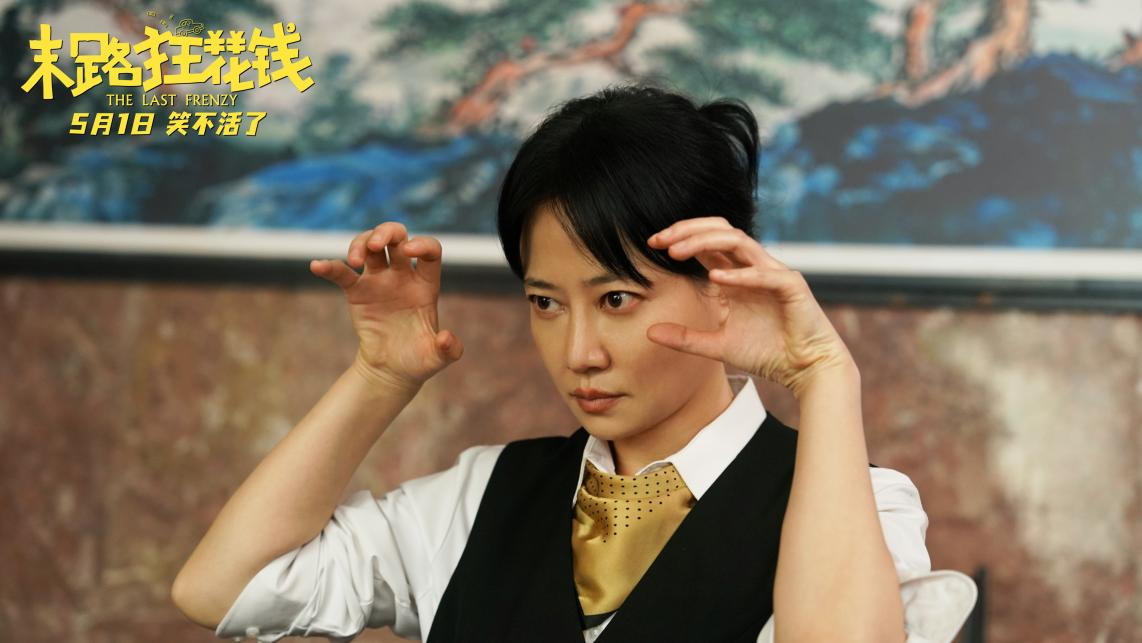
Wang Xiaoqian (played by Tan Zhuo)
The process of "changing the way of life" is also the process of creating comedic effects.
Jia Youwei was originally a miser who was extremely stingy with money. Such an extremely frugal person suddenly began to spend money without restraint, which formed a sharp contrast. The movie uses exaggeration to show this huge contrast before and after, forming a comedy gap, which makes the audience feel absurd and funny.
The plot setting of misdiagnosis creates a false cognitive foundation, causing a mismatch between Jia Youwei's profligate behavior and his miserly nature. The audience knows the truth, but Jia Youwei "makes mistakes again and again" because he is ignorant. The audience has a subtle sense of superiority towards Jia Youwei's ignorance and misunderstanding, as well as sympathy and empathy - we can foresee Jia Youwei's collapse when he knows the truth, and this complex emotional interweaving is also part of the comedy effect.

Jia Youwei collapsed when he knew the truth
The portrayal of Jia Youwei as a miser also carries a hint of satire and comedy. Jia Youwei only started to enjoy life and spend money lavishly when he mistakenly thought he would soon die. Such a concept of wealth is not uncommon in real life. The movie satirizes the miser's mentality: always thinking about enjoying things later, but if you can't enjoy them now, you may not be able to enjoy them in the future.
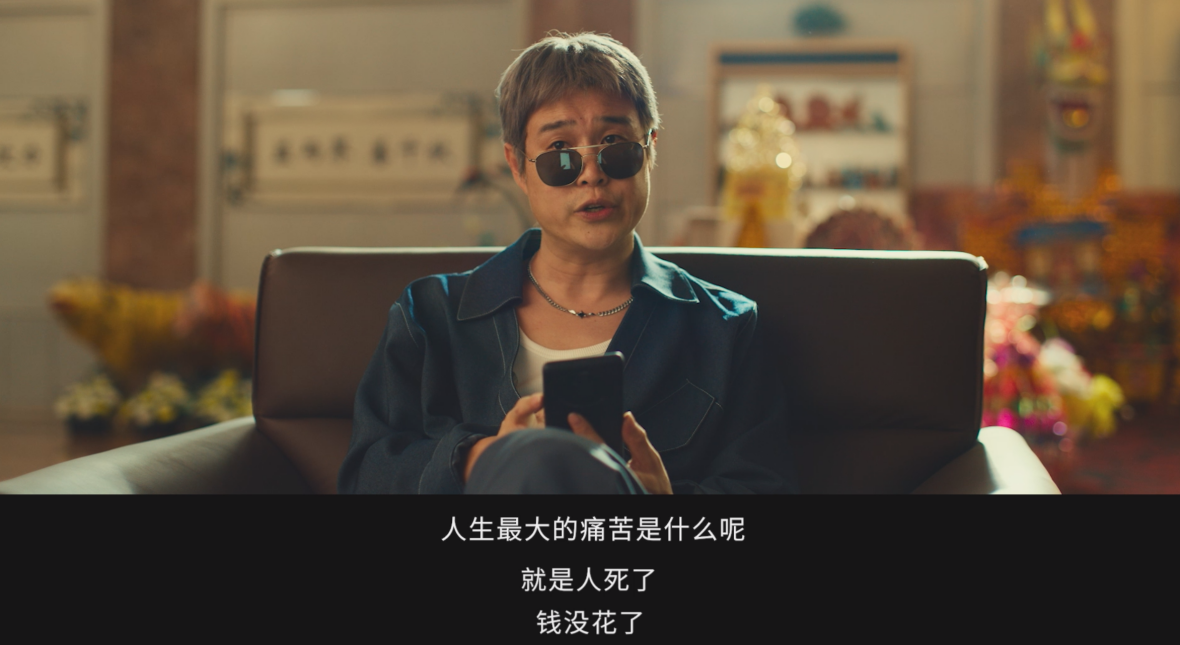
This was Jia Youwei's "pain"
"Change the way you live" will eventually lead to reflection on life or living.
Thinking that he has not much time left, the protagonist re-examines his past life and thinks about what is the most important thing in life. This is actually an exploration of the philosophy of life, trying to make the audience cherish life, clarify life goals, and live more bravely and freely. "The Last Holiday", "I Am Yu Huanshui" and "The Bravest Heroes" all express this level.
The threat of death can also inspire deep emotional exchanges between characters, unleash the power of family, friendship and love, and show the warmth and brilliance of human nature. This level of expression is highlighted in The Bucket List and Sunny.
For "Thelma and Louise", friendship is its core theme, and it can be regarded as the Northeast version of "Sunshine Brothers".
We can boldly infer that if "The Last Thing Called Money" was not set in Northeast China and the four brothers were not children of laid-off workers, this story would actually be difficult to convince the audience.
The four brothers in the movie grew up in a factory family compound. They went to a school for children of a locomotive and vehicle factory. Their parents happened to experience a wave of layoffs, and they also grew up in a context of a sharp decline in quality of life, and became lonely and frustrated middle-aged men (except Sha Baihu, whose wife made a fortune by live streaming and selling goods)... The movie only needs a few shots to explain their lives, and the audience can immediately get the information about the characters and empathize with their experiences.
This is the natural advantage of the Northeast layoffs theme (or even just using the layoffs as an element). Through the background of the Northeast layoffs, the audience can naturally associate it with the complex situations of the economic difficulties, family changes, social transformation, etc. of that era. Without too much explanation, the audience can feel the hardships and difficulties of the characters' environment, and it is easy to resonate and sympathize. Of course, if the film repeatedly uses the advantages of the region and the theme, rather than impressing the audience through the characterization itself, it is somewhat suspected of being "lazy".
The four brothers had a close past, but they parted ways because of the conflict between their fathers in the wave of layoffs. Many years later, when Jia Youwei thought that he didn't have much time left, the four brothers were able to reunite. The friendship of the past has not dimmed because of the passage of time, and it is still shining.
This demonstrates the power of friendship. Friendship is a strong and pure interpersonal relationship that transcends blood and geography and is based on common experiences and mutual understanding. Even though the four brothers have not seen each other for many years and face different frustrations and challenges in their lives, their friendship remains profound. Whether it is the pressure of life or the challenge of life and death, the gathering and mutual support of the four brothers provide a strong spiritual pillar. Even in adversity, the care and help between friends can bring strength and change. This beautiful presentation of friendship can touch the audience's cherishment of friendship.

Friendship grows stronger with time
This also demonstrates the power of the beauty of human nature. Sha Baihu, Xu Dali and Dong Jianfeng sincerely accompanied Jia Youwei to the end of his life (although it was a misunderstanding); after the four brothers "broke up" in a quarrel, Jia Youwei, who suddenly realized his mistake, did his best to help the other three brothers realize their respective life wishes... Their mutual companionship, mutual cherishment and mutual fulfillment are the most beautiful parts of friendship and the beautiful parts of human nature. The movie praises the truth, goodness and beauty of human nature.
At this point, "Thelma and Louise" has the baseline that a commercial comedy should have: skillful interpretation of familiar templates, relatively natural dramatic conflicts, plenty of laughs, appropriate music (Dan Ke's "Hug"), positive emotional output and a family-friendly story... Director Wujina, who directed a movie for the first time, showed her maturity and experience.
However, The Last Thing is probably just a movie that you can watch but laugh at. Whether it is the characterization of the characters, the presentation of friendship, the observation of the plight of the small people in Northeast China, or the thinking about life and death, it is basically "good enough" and does not need to be studied in detail. The movie spends too much time on the comedy effect of "changing the way of life" (the rhythm is a bit messy, and the filming is a bit random), resulting in relatively limited space for in-depth exploration of the inner world of the characters, complex interpersonal relationships, and profound life and death issues.
For director Wu Rina, the commercial success of her first work is very important. It is an important prerequisite for female directors to gain a foothold in the industry and obtain more resources. In "Thelma and Madness", the audience can hardly see any traces that it is directed by a female director. This makes people wonder, if director Wu Rina directed a female-oriented work like "Sunny", would she have a more outstanding performance? This is what we expect.
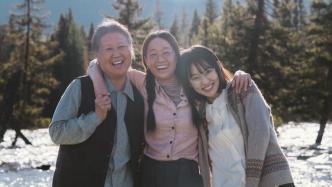
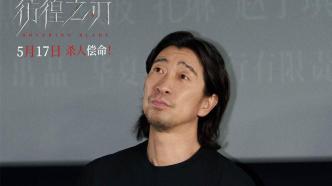
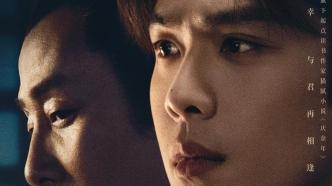


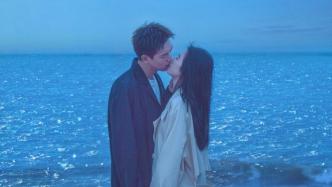


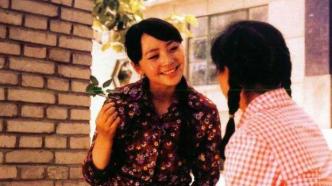
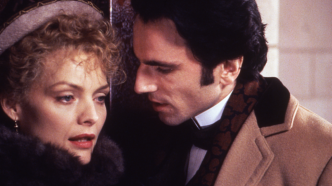
Comments